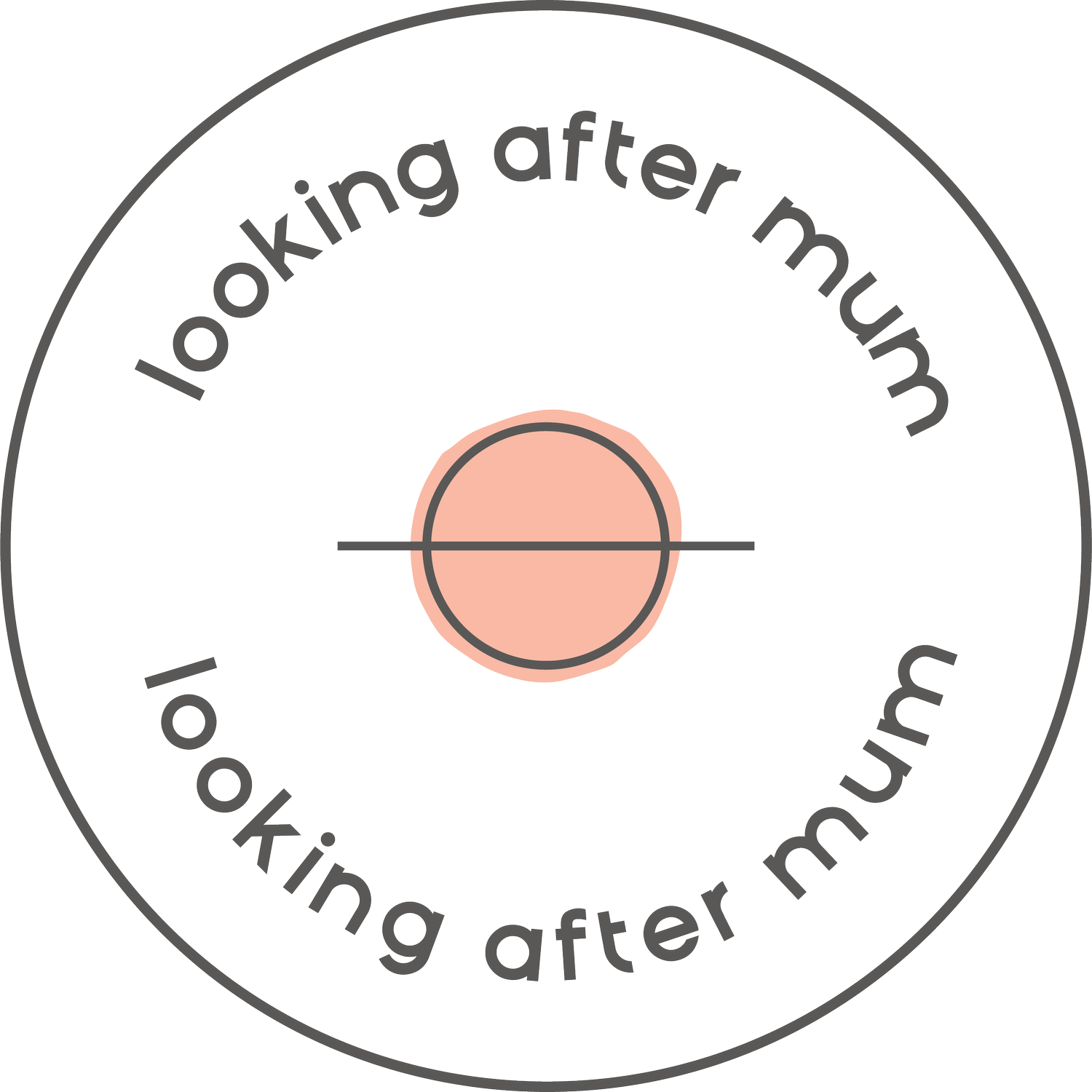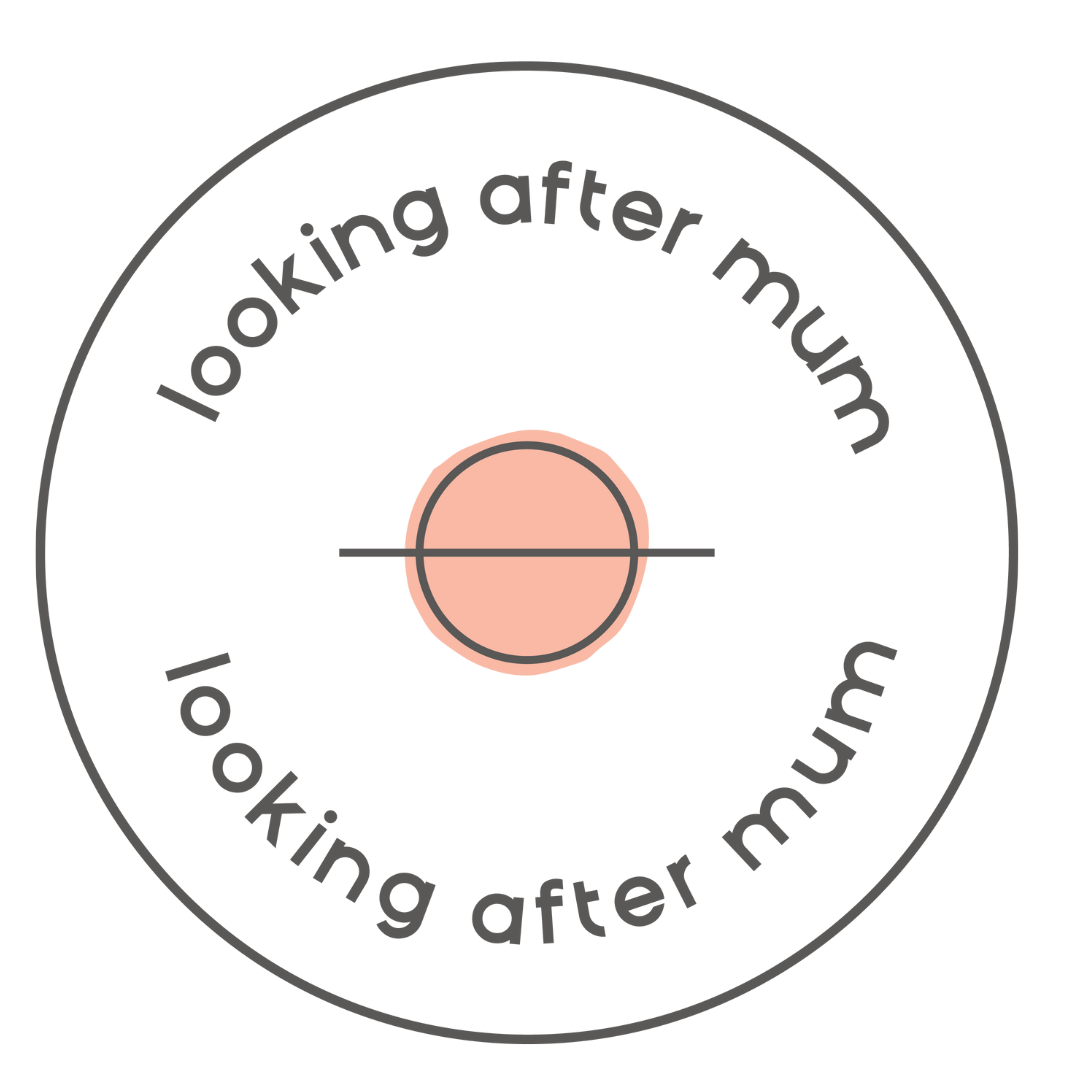Why Do I Hate My Husband After Having a Baby?
By Sophie Harris - Pregnancy & Postpartum Psychotherapist
Becoming a mum is one of the most extraordinary events a woman can ever experience. However, unexpected major life transitions often go along with having a child. But even harder might be the changes that occur in the couple's relationship to their new role as parents. Therefore, these changes often leave mums feeling resentful and hateful toward their husbands. But, the fact is, you are not alone, and there are ways to get through these feelings.
Common Difficulties After Having a Baby.
As parents-to-be, you can't wait to welcome your new bundle of joy as a family and be the best parents to your child. Then, you have your baby, and with all these added responsibilities, your relationship begins to decline. So, what causes these difficulties?
1. Too little sleep.
The lack of sleep due to the little one's awakenings in the middle of the night is probably one of the biggest complaints as a parent. However, if you're the one mostly getting up to care for the baby, regardless if it's due to your partner's work schedule or being a nursing mum, feelings of resentment can build. Not to mention that, if you are not getting enough shut-eye, you will become exhausted and likely quite irritable towards your partner.
2. Loss of identity.
Before you had your baby, your sense of identity likely came from your choice of friends, careers, or hobbies. Still, no sooner do you have your baby than you realize your choices can shift, as you are now responsible for their welfare and well-being. Now, you put your baby first all the time, but in the process, you have lost yourself along the way.
Your social and professional lifestyle may have changed entirely, leaving you to grieve the loss of financial independence and socialization. Therefore, it's not unusual for the primary caregiver to resent their partner for having a life outside the baby, even if it's as simple as earning money or mingling with coworkers.
3. No time for yourself.
Who would ever think, as a parent of a new baby, that we would barely have time to eat, shower, or even toilet? However, sadly, it happens.
Parenting is very time-consuming, especially during the infant stage, between the never-ending diaper changes, frequent wake/sleep cycles, crying spells, feedings, etc. And, more than likely, what little time you have is spent catching up on cleaning, cooking, laundry, and possibly running errands. Therefore, it's no wonder you are exhausted and frustrated by the end of the day and drop the baby off in your partner's arms the minute they arrive home.
4. Not feeling appreciated.
We all want to know that our partner respects and values us and all we do to care for our baby, especially when the job of a primary caregiver is 24/7 with no sick days. Therefore, if your partner doesn't take much notice, it would only make sense to feel discouraged.
You may feel unappreciated or that your efforts go unacknowledged. Or, you may feel taken for granted or that your contributions are insignificant to them. Over time, this can lead to anger, hatred, and even rage.
5. You're doing all the work.
One of the biggest complaints from mums is not getting enough help around the house when their partners are home. If your partner is watching TV or sitting at the computer while you've been tackling the baby and chores, you will likely become frustrated. And if you approach your partner, and he doesn't respond much in return, it will frustrate you even more.
6. Little or no couple time.
Between juggling the demands of working and parenting in today's demanding world, it's no wonder how challenging it can be to spend time together as a couple, especially at the end of a long and exhausting day. Still, it may be even more disheartening for you because, although you love your baby, you have been with them all day. Therefore, not having an adult conversation with your partner or time together can feel incredibly lonely.
It's OK to Feel the Way You Do.
Feeling hatred towards your partner is normal and doesn't make you a bad person, especially when you've had all these changes occur since the baby. Still, there are typically underlying emotions behind the hate you feel.
When you become angry or hate your partner, it might feel like these emotions come on so suddenly. However, they stem from a build-up of unmet needs and responsibilities that are difficult to sustain. If these emotions are left unattended, they may continue to grow, and the relationship will continue to decline, zapping you of your joy and what you had envisioned your life would be as parents. Therefore, it is essential to notice when you are angry at your partner and take the necessary steps to work through them.
How Parents Can Work Together
As much work as couples may invest in preparing for their baby to come, whether it's what color to paint their nursery or the best car seat for them, they often don't cover the logistics, such as taking turns with the baby's feedings or getting up in the middle of the night. Therefore, if you don't express your needs, negotiate with each other, or share your expectations, the lack of unspoken words will cause conflict.
Remember, none of us are mind readers, so don't wait until you've reached the point of no return.
Re-Building Your Lives Together
Going from being a couple to becoming parents overnight can shake even the healthiest of relationships. There is so much to learn when it comes to raising a baby. Plus, your lifestyles and identities have now changed. So, of course, it would make sense that you might be unnerving each other. However, it comes down to communication, consideration, support, balance, and validation. Therefore, if you and your partner can learn how to work together as a team, your relationship and family life will flourish.
Hi, i’m Sophie
I am a therapist and mother. I love helping new mums overcome anxiety and low mood to feel confident and content.
If you are looking for postpartum support for you or a loved one, then use the links below to find out more about the services that could help you.






